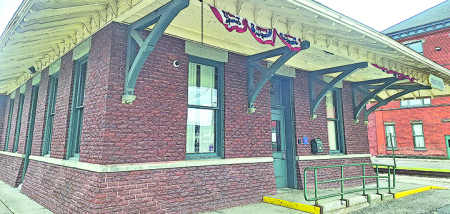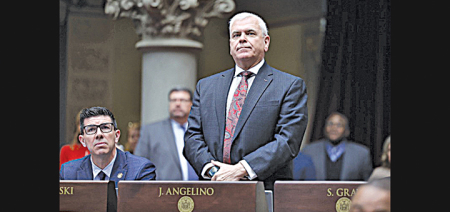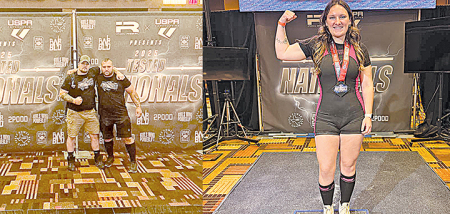Who Wants To Give Politicians More Money?
Published:
September 18th, 2019
By:
Joe Angelino
Last spring while the New York State budget was deliberated, one of the items which did not receive the attention it should have was publicly funded campaigns for elected state offices.
While everyone was thinking about marijuana legalization, rent control, and criminal justice reform, an ignored portion of the budget included a New York State law creating a commission to devise a system to use public funds to pay for election campaigns. Hmm, giving more taxpayer dollars directly to politicians, what could possibly go wrong?
The Publicly Funded Campaign Committee has 10 members, eight of whom are chosen by Democrats and two by Republicans. Even though the budget was completed in April, the campaign funding committee members weren’t appointed until July. And then, their first meeting didn’t happen until the end of August.
The committee better get into high gear because their mandate is to issue a report by December 1, 2019, explaining how to encourage small private donations which will trigger the giveaway of $100 million taxpayer dollars in matching funds to pay for state office campaigns.
Because both houses of our state legislature are dominated by downstate representatives, a model many legislators say should be replicated is the method used in New York City to fund political races; for every one dollar privately donated, the taxpayers will contribute six dollars directly to the campaign. (NYC is currently changing this ratio to 1:8)
Proponents like to think having publicly funded campaigns will even the playing field by taking big money donations out of the equation, thus ending pay-to-play governance. Advocates also hope to entice new and diverse candidates to run for office who normally couldn’t afford to do so.
Another reason being promoted is to “once and for all” remove corruption from politics. We can all agree that corrupt politicians are bad, and almost all corruption revolves around greed and money. This is exactly why many people get skittish about giving more of their hard-earned cash to fix a political problem.
The first bad notion that comes to my mind is a political newcomer who has never run for office, actually wins their first race. Once elected the only thing this person knows about tax dollars is that’s what funded their successful campaign. Their thinking in the future might be dipping into our pockets for never-ending cash is normal to ensure positive outcomes of pet projects.
Prior to writing this column, I read a study by the Georgetown Public Policy Review (GPPR) which supported my opinion that publicly funded campaigns are not the answer. The GPPR is a non-partisan, academic think-tank at the McCourt School of Public Policy within Georgetown University, in Washington, DC. (See: Do Taxpayer-Funded Campaigns Increase Political Competitiveness? December 6, 2017)
The GPPR crunched the numbers from locations which do offer public-funded campaigns for state office positions. Their study found no significant difference in election results. They also confirmed that incumbents still get re-elected up to 91% of the time no matter who funded their campaign. That alone should end the feel-good hopes for underdogs displacing entrenched state officials in Albany by using public funds. The GPPR concluded, “Genuine political competition requires that incumbents bear a greater risk of defeat at the polls, but this rarely happens in states with taxpayer-funded campaigns.”
Any native New Yorker should appreciate the fact $100 million doesn’t just give itself away. It will be through hard work that our tax money is delivered to needy politicians. We can be assured there will be a large bureaucratic agency, employing scores of people who will count the money, print the checks, audit the receipts and investigate the uses of campaign funds. We won’t know until December where exactly the election funds will originate, but the phrase “publicly funded” is our best clue.
If the New York City model is used to fund state-wide races, we should hope the state committee looks at the NYC budget. The NYC Campaign Finance Board budget for 2018 was $56 million which includes $40 million in campaign giveaway money. The rest, $16 million, is used to pay staff. One can only imagine the cost of a similar program on a state-wide scale. The words pointless and wasteful quickly come to mind.
When politicians really want to end pay-to-play politics and put an end to (most) corrupt elected officials, they only need to implement term limits for state legislature seats. Spending this amount of money on publicly funded campaigns is unjustifiable especially considering what $100 million could do for upstate communities which are dying on the vine.
Let’s think ahead to a time when publicly funded campaigns finally arrive. Taxpayers can take some satisfaction knowing all of the negative television commercials running back-to-back for weeks on end will be paid for out of their own pockets. Sorry about that, it made me a little nauseous, too.
Author: Joe Angelino - More From This Author
Comments










